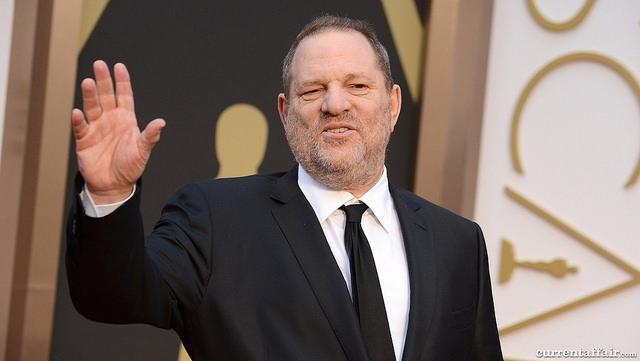Harvey Weinstein, Kevin Spacey, Dustin Hoffman, Bill Cosby, Louis C.K., the list goes on. Hollywood is in the midst of a shameful new era, one characterized by accusations of sexual abuse that took far too long to arrive. Since accusations of Harvey Weinstein’s sexual misconduct, abuse and harassment arose, victims of Hollywood sexual abuse have bravely come forward to hold their aggressors accountable.
What’s troubling is that this pattern is new to Hollywood, generally this is a sector of society kept under wraps, a very hush-hush sort of environment. As such, the fact that a space in time where victims speaking out warrants a supposed shift in Hollywood culture is deeply disturbing, given the fact that there are an unknown number of silenced victims who don’t yet feel comfortable holding their powerful aggressors accountable, just ask Anthony Rapp, who took 31 years to decide to take his Spacey accusation public.
In essence, the fact that Hollywood culture had to change from an environment where sexual abuse went unaccounted for to an environment where criminal activity is reprimanded speaks volumes about the moral standing of the industry.
There’s no doubting that the actions of the accused are condemnable on a legal level, but given that most of them are performers who are present in each of our lives, many wonder what the moral standard should be in terms of consuming their products post-accusations. With a question as multifaceted as this, there are four main questions each individual should consider.
First, what is lost or gained by not supporting said artists?
An obvious first step for those deeply impacted by the unfurling of Hollywood accusations would be to refrain from supporting any work with one of the accused’s names attached. Walking away from House of Cards or changing the channel when The Cosby Show airs are both effective ways to fight the egregious wrongs committed by these individuals. You wouldn’t economically enable a rapist in any other circumstance, so why put more money into their pockets by supporting their work.
Many will suggest that instead of jumping the gun to cut out all forms of entertainment associated with these individuals, we should instead evaluate their art void of their personal conduct. I argue the contrary because their title gives them immense social capital, it doesn’t grant them immunity from the standards of basic human conduct. Also, if cutting out House of Cards from your repertoire of entertainment is a big enough challenge to warrant genuine moral quarrel versus personal entertainment value, you need to reevaluate your standards.
Second, what precedent are we setting for future generations by supporting their art?
The role model argument is not one to be taken lightly. Generally scoffed at and seen as something without real implications, the image of a prominent public figure greatly influences a child’s worldview. As such, giving such sexual criminals a platform to continue performing reinforces the idea that, given enough power, your actions more or less do not matter. Make enough money, do whatever you please.
Some may argue the concept of economic power correlating to freedom of action may go directly over the heads of America’s youth. However, the concept of action and consequence is among the most prevalent in a child’s mind, and suggesting the child is too naive or ignorant to understand drastically underestimates their ability to process information.
If we continue to give support individuals who do not set an acceptable example to the next generation, we are reinforcing a system that suggests people are held accountable for their actions, unless they’re movie stars or some comparable title.
Third, where do we draw the line?
A kneejerk reaction to suggesting a boycott is that drawing a proverbial line as to when the boycotting stops is nearly impossible. The reality of the situation is that there will never be an absolute solution to this problem. Never will there be a system that both effectively and wholly accounts for all wrongdoings of public figures, because the reactions to such actions are subjective.
Rather, it’s up to the individual to evaluate where their moral standards lie, and whether or not they’re willing to shell out $15 dollars at your local AMC to see a film starring an alleged sexual abuser, it’s that simple.
Finally, is another moral argument something our society needs right now?
In a time of intense division, moral qualms feel almost unavoidable. As such, it’s understandable to feel exasperated when the entertainment industry — something that acts at times as solace from the havoc raging outside — comes under fire.
Entertainment is meant to be enjoyed, characters are relatable, stories are compelling. However, the true identities of the people portraying the character should never be forgotten. The moment we start ignoring clear moral problems to preserve their source as relief from what we portray as more serious issues will be the moment we excuse such behavior as minor.
Lucas Johnson ([email protected]) is a sophomore majoring in journalism.














